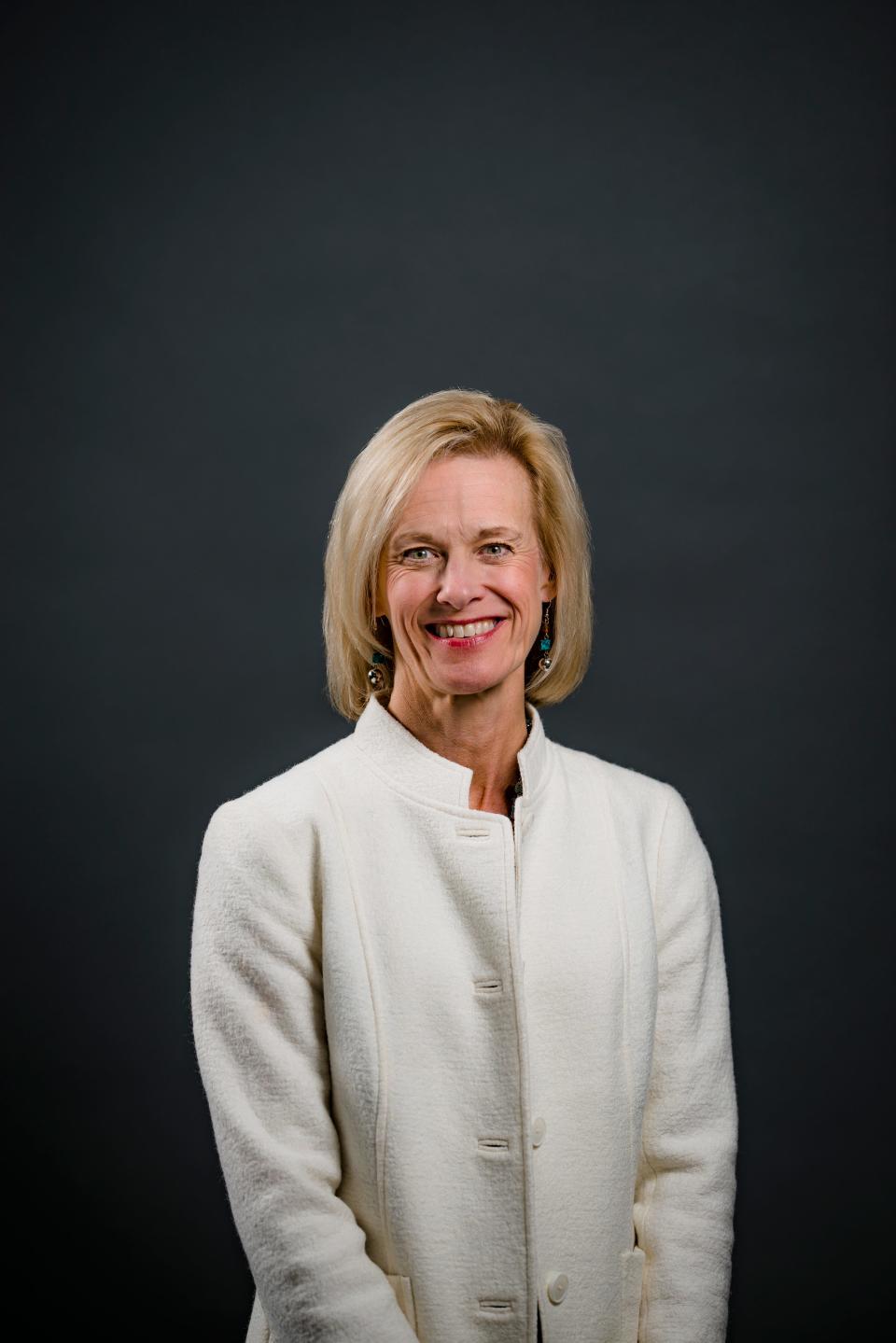Waukesha is a symptom of the public health crisis we’re not talking enough about | Opinion
The horror that took place at the Waukesha, Wisconsin holiday parade earlier this month is a cruel reminder that many types of violence and abuse can escalate and ultimately place innocent citizens in harm’s way. We’ve learned the suspect ambushed the parade route immediately after leaving the scene of a domestic incident – the most recent in that person’s long history of offenses. At The Center for Women and Families, we can’t help but wonder if this act of mass violence could have been prevented with more timely and effective intervention. According to author Rachel Louise Snyder, “private violence has … vastly profound public consequences,” pointing to mass casualty events in the recent past—such as Pulse nightclub, the Washington, D.C.-area sniper, Sandy Hook Elementary and Emanuel AME Church in South Carolina — that were preceded by violence at home.
In her book, "No Visible Bruises: What We Don’t Know About Domestic Violence Can Kill Us," Snyder posits that domestic violence is an “urgent matter of public health,” causing the death of tens of thousands of people around the world every year. She also notes that intimate partner abuse is tangential to many of the issues we face as a society, including rising crime, gender and racial inequities, education challenges, housing insecurity and mental health crises.
Opinion: Why Kentucky needs unemployment benefits for victims of intimate partner violence
What will it take for our communities to stop classifying domestic violence incidents as merely personal or family problems? We respond to other heinous acts of aggression, like carjackings, attacks on the streets and murder, with swift and collective action because they are viewed as threats to the wider community. The women, men and families we serve in Kentuckiana know what it’s like to live in constant fear when the justice system doesn’t go far enough to protect them. Many of them gave up contacting law enforcement after encountering non-response or significantly delayed responses in times of need. And when cases do proceed through the courts, abusers are often freed quickly, paving the way for violence to resume and even escalate – as was the case in Wisconsin.
When we stop blaming victims, ignoring domestic violence with a dismissive “It’s none of my business” attitude and begin holding abusers accountable at a higher level, we will have a chance to interrupt the progression of violence like we saw in Waukesha. For this reason, it’s more important than ever to consider domestic violence an issue of urgent public interest. If you see or suspect something, say something.
More: Ending child abuse in Kentucky begins with supporting new parents. Here's what you can do
Our staff advocates help survivors navigate the complexities of leaving abusive relationships, locating housing, resettling their families and understanding each step of the legal process to secure safer lives for themselves and their children. Tensions tend to rise around the holidays, so we encourage anyone experiencing abuse to reach out for help before it’s too late – not only for their own safety but for others who could be caught in the crossfire of escalated violence. Contact our 24/7 hotline at 1-844-237-2331 or tell any TARC driver you need a ride to safety.
Elizabeth Wessels-Martin is president and chief empowerment officer for The Center for Women and Families, Kentuckiana’s domestic violence and rape crisis center. A graduate of the University of Louisville Kent School of Social Work, she has 20-plus years of senior-level experience in corporate and nonprofit organizations, including at Hosparus Health, Inc., where she served as vice president of business development and community programs before joining the Center.

This article originally appeared on Louisville Courier Journal: Opinion: Waukesha is symptom of the health crisis we don't talk about

